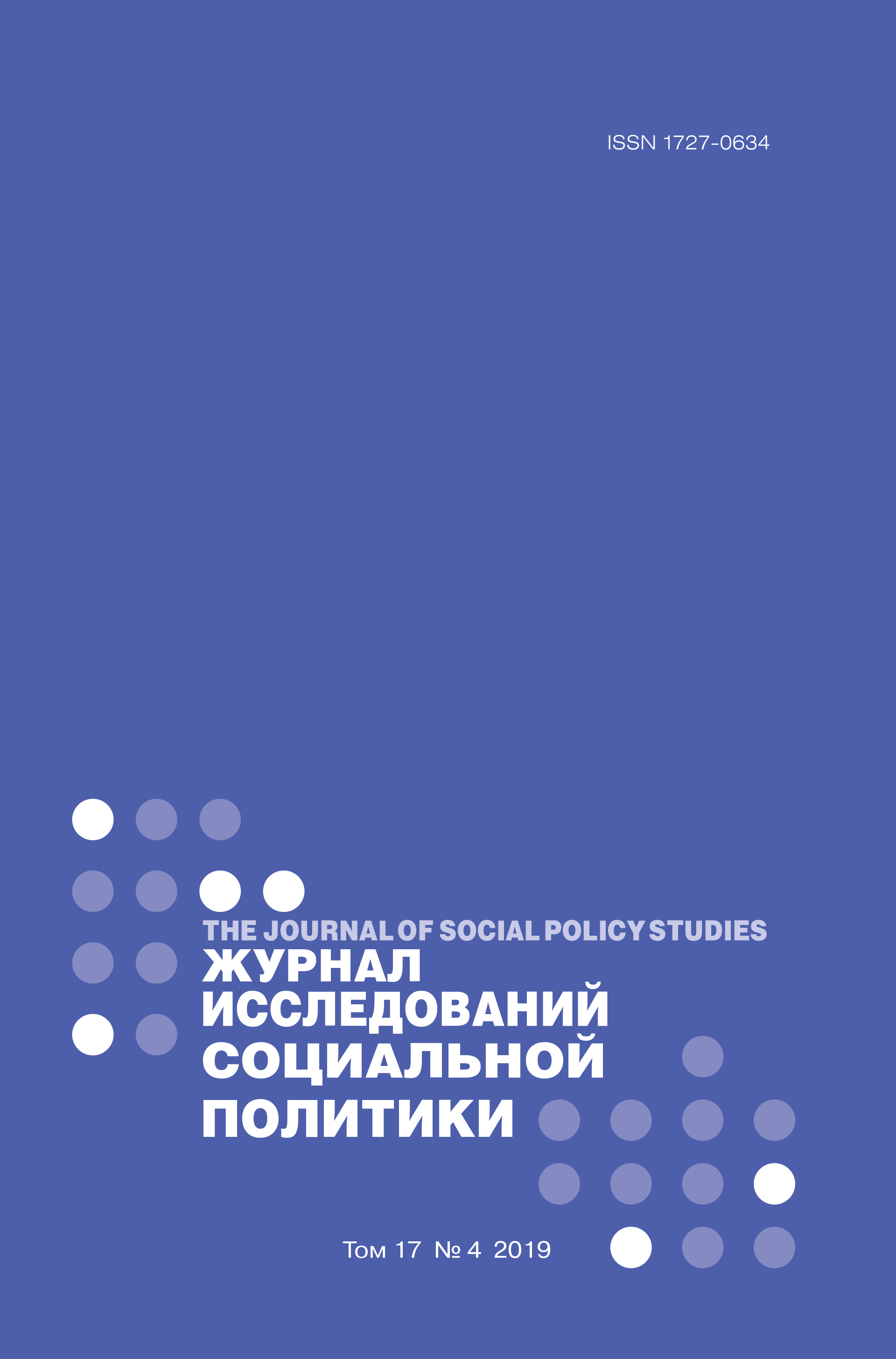'The Non-deaf Enjoy More Opportunities': The Problems of Professional Education for Deaf and Hearing-Impaired Students
Abstract
This article is dedicated to the study of problems faced by deaf and hearing-impaired students in the process of professional education. The analysis is based on the All-Russian survey of deaf and hearing-impaired students in colleges and professional schools. The study involved face-to-face interviews as well as 21 semi-formalized in-depth interviews with students and experts. The history of professional education of people with hearing impairments has more than 200 years in Russia. Today, the preferred strategy for young people with hearing impairments is to obtain a good secondary education and carefully plan out their career choice early. On the one hand, changes in the training systems available to deaf and hearing-impaired workers in recent years have opened up new opportunities. On the other hand, these changes require serious revisions to the main approaches in working with this group, which cause various problems common for any major transition. The main problem that students themselves mention is a narrow corridor of opportunities when choosing one’s specialization. This narrowing occurs, in some cases, artificially due to universities’ desire to unite all deaf students into one classroom. In other cases, universities are simply unwilling to work with the deaf. In addition, informants have to obtain an individual programme of rehabilitation or habilitation, which determines individual restrictions on admission to work. They also mentioned the low quality of school education, problems of certification in correctional educational institutions, the lack of sign language interpreters and low level of training of teachers. However, informants associate the most serious difficulties with the lack of career options and mechanisms for institutionalized support for the employment of deaf people through college or other organizations.















